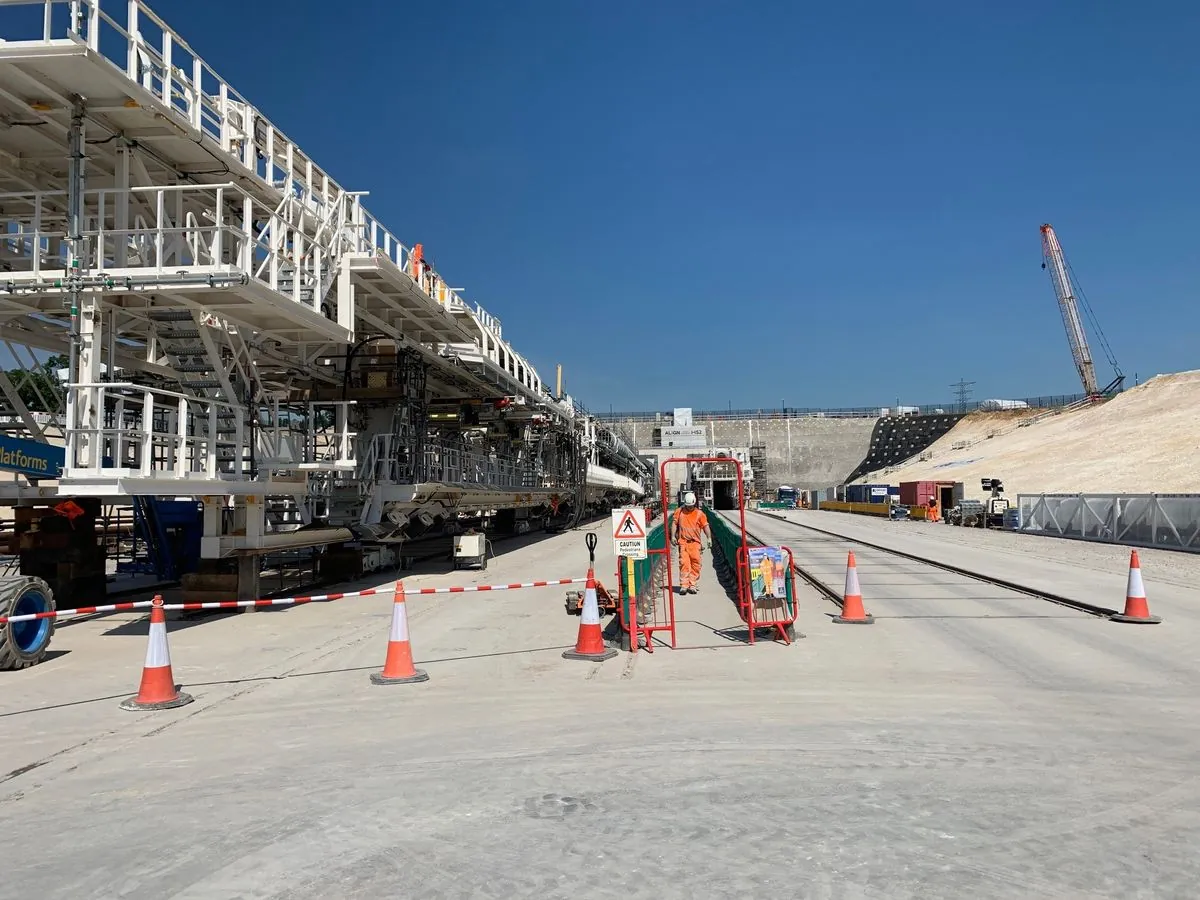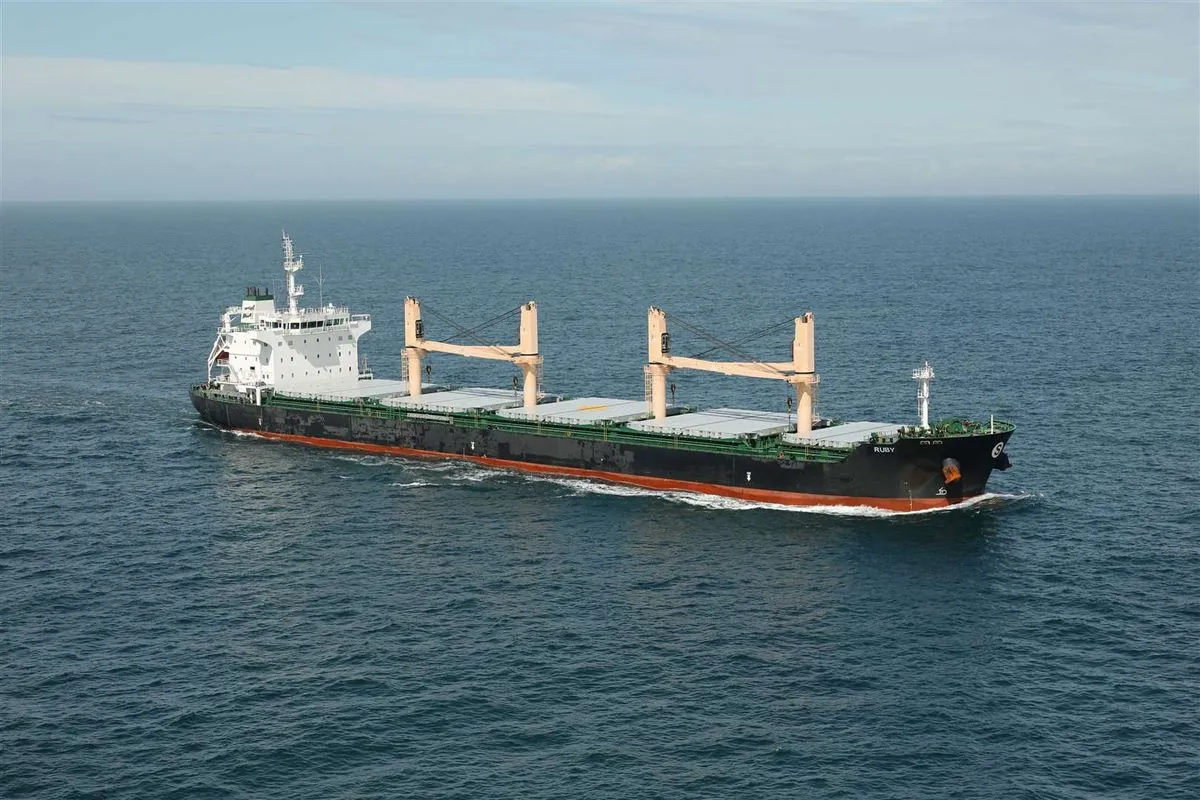HS2: A £27 Billion Lesson in Government Mismanagement
HS2, the UK's controversial high-speed rail project, exemplifies government inefficiency. From questionable planning to soaring costs, it highlights systemic issues in public spending management.

The HS2 high-speed rail project, Britain's largest infrastructure endeavor, stands as a stark example of government mismanagement and wasteful spending. As of last year, this controversial venture had already cost taxpayers £27 billion, with little to show for the investment.
HS2's troubled history dates back to its inception in 2009. Initially proposed to connect London, Birmingham, Manchester, and Leeds, the project has faced numerous setbacks and criticisms. In September 2013, the Public Accounts Committee raised serious concerns about the project's strategic case and financial viability. Despite these early warnings, successive administrations continued to pour resources into HS2.
"The Department has not yet presented a convincing strategic case for High Speed 2... decisions [were] based on fragile numbers, out-of-date data and assumptions which do not reflect real life."
The project's budget has ballooned dramatically since its inception. From an initial estimate of £37.5 billion, it rose to £50 billion by 2013. Industry experts, including those from the London School of Economics, voiced concerns about the calculations used to justify the expenditure. Organizations like the TaxPayers' Alliance accurately predicted that costs could nearly double to £90 billion, though their warnings were initially dismissed.
Last year, then-Prime Minister Rishi Sunak announced the cancellation of HS2's northern leg, citing the need to redirect funds to other transport priorities. This decision, while aimed at curbing costs, has resulted in additional expenses. The National Audit Office reports that decommissioning construction sites will cost up to £100 million over two years. Moreover, £592 million has been spent on now-unnecessary land and properties along the cancelled route.

The project continues to face challenges and requests for design changes. Recently, HS2 bosses have asked for modifications to train designs, potentially adding tens of millions of pounds to the cost. This ongoing pattern of poor planning and execution has led to a situation where taxpayers are committed to decades of payments with minimal tangible benefits.
Perhaps most concerning is the lack of accountability within the project. Despite years of scrutiny from Select Committees and the National Audit Office, no one in Westminster, Whitehall, or HS2 Limited has been held responsible for the project's failures. In fact, the former Chief Executive of HS2 Limited received a salary of £617,300 for the 2021-22 financial year, along with additional benefits, despite overseeing years of chaotic operations.
HS2 exemplifies a deeply rooted culture of rewarding failure in government projects. As the project continues to evolve, it serves as a cautionary tale about the importance of thorough planning, financial oversight, and accountability in large-scale public infrastructure initiatives.


































